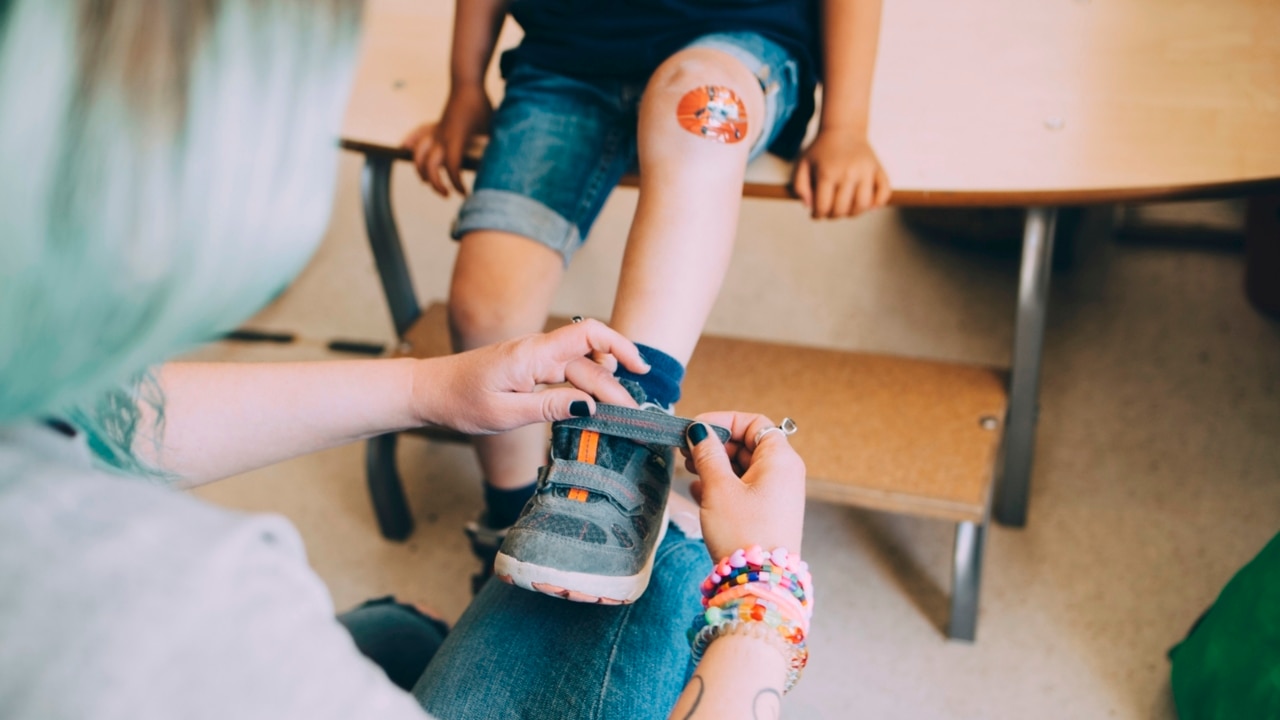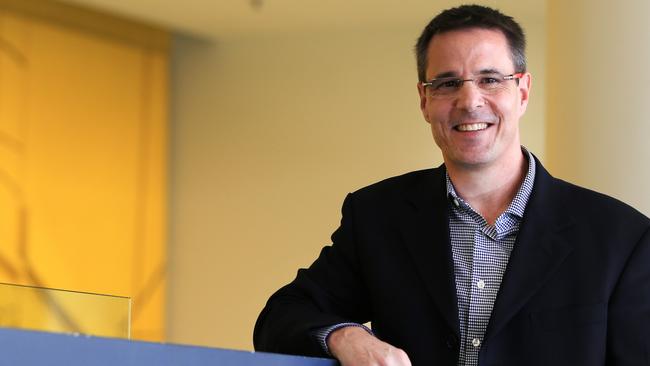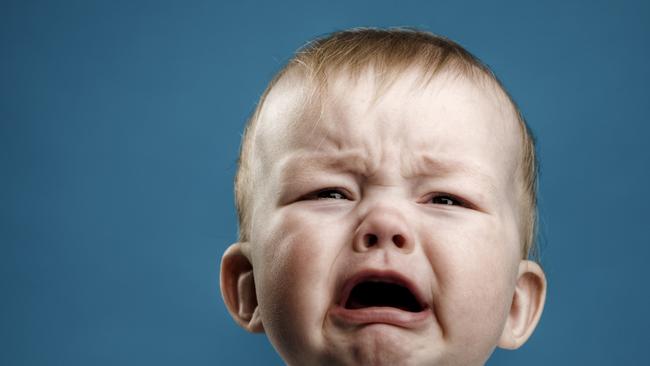Gold Coast childcare giant G8 Education sees shares fall after earnings downgrade
Shares in the Gold Coast’s largest listed company G8 Education plummeted this morning following an earnings downgrade.

Business
Don't miss out on the headlines from Business. Followed categories will be added to My News.
SHARES in the Gold Coast’s largest-listed company G8 Education plummeted 16 per cent this morning following an earnings downgrade by the childcare giant.
The Varsity Lakes-based company reduced its underlying pretax earnings forecast for the calendar year from between $140 million and $145 million to between $131 million and $134 million.
It said in an investor presentation this was partly due to supply in the sector being greater than forecast. The new figure excludes the impact of new leasing standards, expected to boost earnings by $30 million.
Investors punished the stock in early trade, sending G8 securities down 16.6 per cent, or 43¢, to $2.16 by 10.49am (AEST).

GET FULL DIGITAL ACCESS: $5 PER MONTH FOR THE FIRST 3 MONTHS
G8 in August was forecasting occupancy growing in the mid-1 per cent range but that has now changed to “circa 1 per cent”.
This is expected to have a significant impact on the bottom line, resulting in a $7 million revenue shortfall.
G8, which has a 500-strong centre portfolio in Australia and brands including Sandcastles, Great Beginnings and Penguin Childcare, also revealed it has sold 25 underperforming centres in Western Australia.
The centres, which were under review, are to be sold for $6.4 million. to Sparrow Early Learning.

G8 LOOKS TO CUT DOWN ON 23-BRAND PORTFOLIO
G8 said the funds will be used to repay debt and the sale is not expected to impact the bottom line.
The sale is expected to be finalised by December.
It wasn’t all bad news for the Gary Carroll-led company.
It said the long-term trend is still for supply to moderate in the marketplace.
Centre manager and teacher turnover has also improved by 2.5 and 3 per centage points respectively since January and 82 per cent of centres are now meeting or exceeding national standards.
That is up from 79 per cent at the start of the year.


